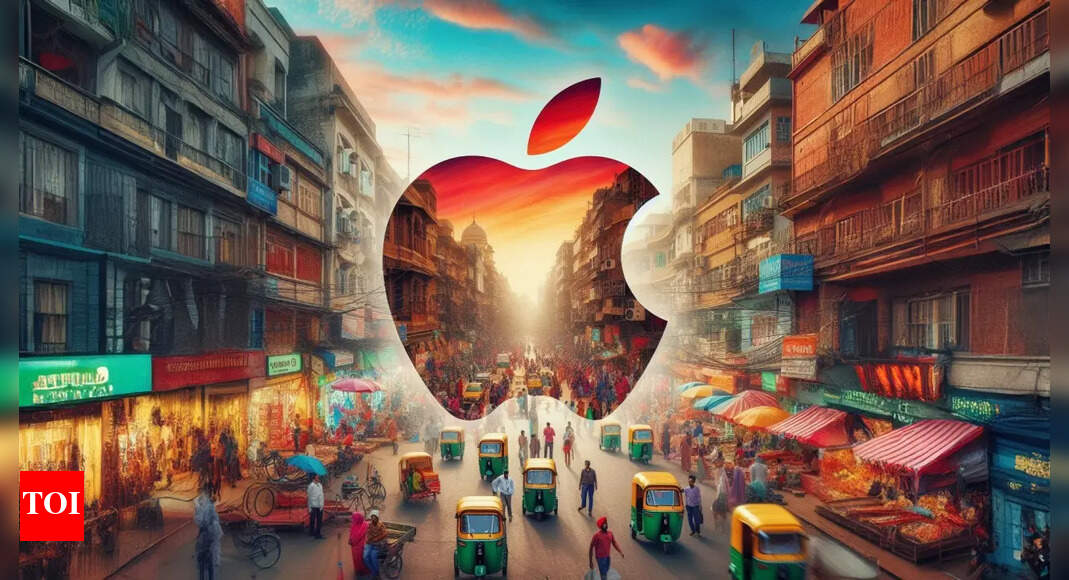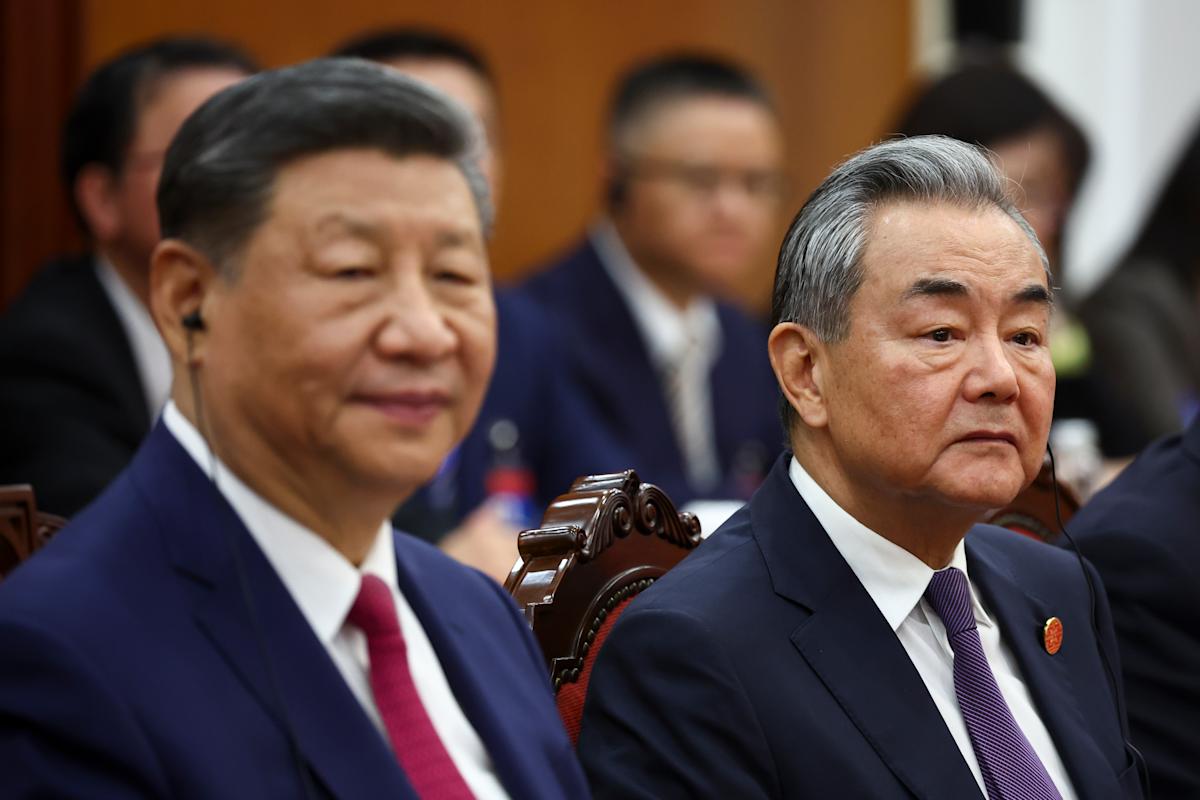Apple is accelerating production of iPhones, MacBooks and iPads in India as well as Vietnam to capitalise on a temporary US tariff reprieve, however, the tech giant is encountering significant obstacles due to tightened Chinese customs screenings, a report has said.
According to Nikkei Asia, the tech giant has tasked key suppliers with increasing iPhone manufacturing in India, aiming for at least 50 million units this year, and is pushing to produce the majority of its upcoming US-bound iPhone model in the country.
Furthermore, Apple has also directed suppliers to shift MacBook and iPad production for the US market to Vietnam, the report added.
To facilitate this, Apple has invested in equipment to boost Indian iPhone production by several million units and has asked suppliers to move as many components as possible from China to Southeast Asia and India.
How Apple is facing ‘China’ problems
However, the company is reportedly facing challenges in India, where factory utilisation is already at maximum capacity. Apple has also instructed its suppliers to diversify component production, including printed circuit boards, to Thailand and other locations outside China. Yet, key components like connectors, metal cases, and mechanical parts remain cost-effective to produce in China, hindering a full-scale shift.
“We are requested to ship all of our components to Southeast Asia and India by air as much as possible. … It’s like the client is scooping up all the inventories to move them outside of China,” an executive from an Apple component supplier told Nikkei Asia, noting the added air-shipping costs.
Another significant hurdle is the tightened customs screenings by Chinese authorities, which have been ongoing for months, stalling the export of production equipment from China.
“Exporting equipment from China is a continued challenge,” said an executive with an Apple assembler.
This production shift comes amidst US tariff uncertainties. While the Trump administration granted a 90-day grace period, exempting smartphones and laptops from increased tariffs, they remain subject to a future tariff. Commerce Secretary Howard Lutnick has also indicated that these products, along with semiconductors, could face separate tariffs in the coming months.


